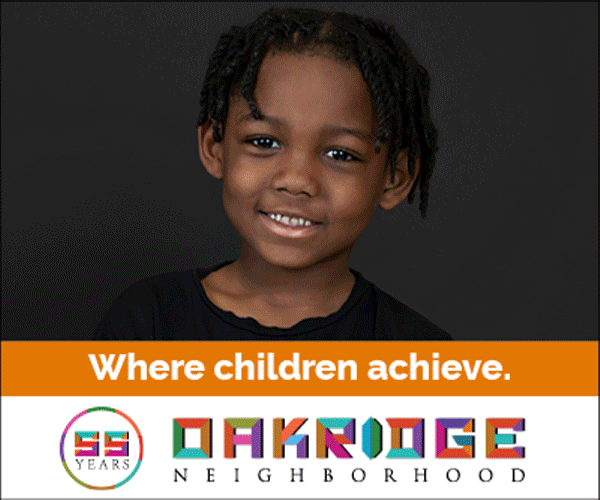When people think of the front lines of food insecurity, they often picture the nonprofit and community leaders devoted to feeding the hungry and ensuring individuals have access to nutritious food. But both the individuals served and the organizations serving them are affected by the complexities of local and state policy decisions. In this panel discussion, we’ll hear from those fighting to end hunger about the role the government can play in ensuring that no Iowan has to be food insecure. Policies related to poverty, health and agriculture were among the key focuses of the discussion.
You can watch the full video here.
Among the questions tackled:
-
What are the top policy priorities for leaders of organizations feeding the hungry?
-
How does poverty — and policy related to essential needs — affect food insecurity?
-
How are our local government entities (city, county, school district and state) working to fight food insecurity?
Panelists:
-
Dr. Nicole Gilg Gachiani, chief physician quality officer and section chief, primary care clinic, Broadlawns Medical Center
-
Luke Elzinga, board president, Iowa Hunger Coalition; communications and advocacy manager, DMARC
-
Rep. Brian K. Lohse, Iowa House, District 30
-
Matt Russell, Iowa Interfaith Power & Light
Here’s a clip from the event, from the question, “What are the top policy issues affecting food insecurity in Iowa?”








